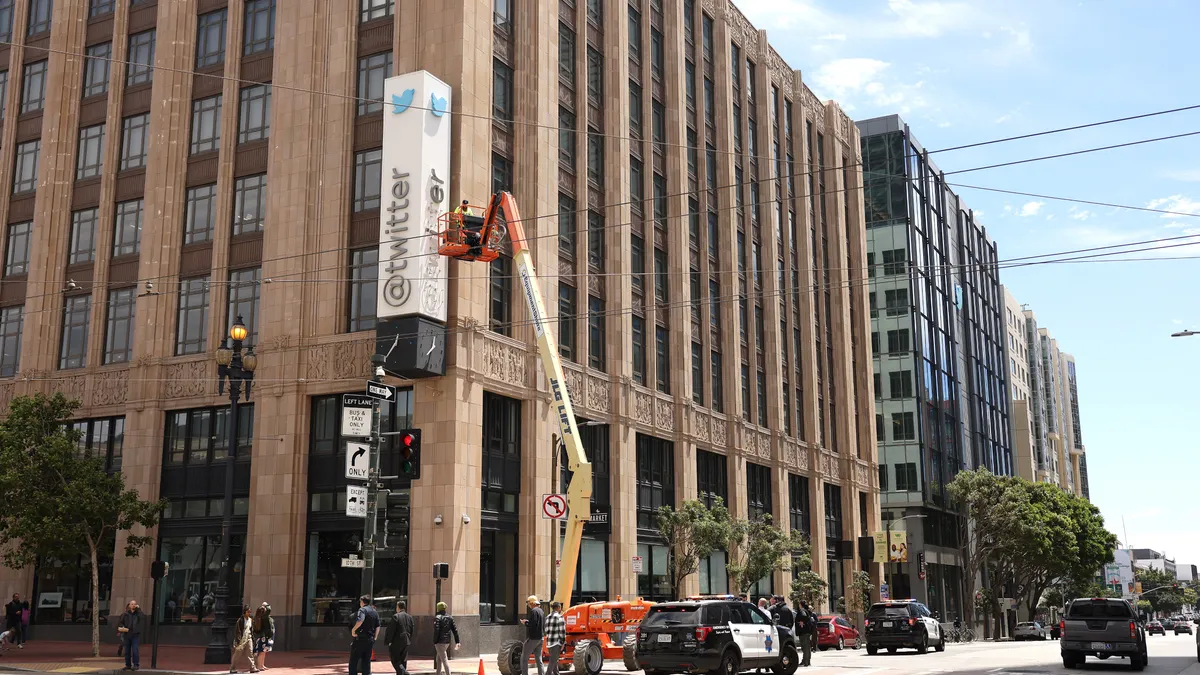Just over a year before becoming the Democratic vice presidential nominee, Minnesota Gov. Tim Walz signed into law a host of notable pro-employee measures, including up to 20 weeks of paid leave. For companies, one development that has especially merited attention is the state’s sweeping noncompetition ban.
The law restricts employers from entering into noncompete agreements on or after July 1, 2023. Significantly, it also covers all employees and independent contractors regardless of their income.
“Minnesota definitely went further than any state has gone in a long time.” says New York City attorney Peter Rahbar, of The Rahbar Group, who often represents employees confronted with noncompete agreements. “I view it as one of the strongest messages sent by a state on noncompetes.”
Rahbar pointed to the lack of a salary threshold in Minnesota’s law. In New York, for instance, Gov. Kathy Hochul vetoed a noncompete ban last year in large part because it applied equally to CEOs as well as lower-level employees. Other states, including Colorado and Washington, exclude highly compensated employees from bans on noncompete agreements.
But, Rahbar noted, “Even C-Suite executives don’t have much leverage to negotiate these things. I’m glad to see [the Minnesota ban] apply on all levels.”
Companies react
Minneapolis management-side attorney Amy Conway of Stinson LLP says her corporate clients viewed the noncompete ban more negatively than positively at first. “It’s really quite broad,” Conway told Legal Dive. But their views are changing.
“They’re starting to see positives in that they can hire new talent that they didn’t have access to before,” she said.
Faegre Drinker attorney Dan Prokott, of his firm’s Minneapolis office, believes legislators took feedback from business groups into account. For instance, the law includes language to make clear that nonsolicitation, nondisclosure and confidentiality provisions remain enforceable under Minnesota law.
Prokott also cites another benefit for companies that might have arisen from that feedback. “The law has no retroactive effect, which is a positive because it didn’t unwind existing agreements,” he said. Because the law applied only going forward, the advice he gives to companies differs based on when an employment agreement was signed — August 2022 versus August 2023.
There are a few exceptions to the ban. They’re limited to noncompetes agreed upon during the sale of a business to prohibit the seller from carrying on a similar business within a reasonable geographic area and for a reasonable length of time, and those signed in anticipation of the dissolution of a business.
Another notable aspect is a provision allowing employees enforcing their rights to collect reasonable attorney fees. “That’s unique in a noncompete statute and its added deterrence that forces employers to pay attention,” said Rahbar.
FTC ban coming soon?
While Minnesota and California, another state with a broad noncompete law, were at the forefront of the movement to ban or restrict noncompete agreements, the Federal Trade Commission has a nationwide ban slated to take effect September 4.
The FTC’s prohibition goes beyond Minnesota’s measure in that it would apply retroactively to most agreements. Existing noncompetes for senior executives (who represent fewer than 0.75% of U.S. workers) can remain in force. But the agency prevents employers from entering into, or attempting to enforce, any new noncompetes even if they involve senior executives.
Whether the FTC’s nationwide noncompete ban will survive remains a question as it faces a number of court challenges. Earlier this summer, a federal district court judge in Dallas committed to ruling by the end of August on the merits of a request to permanently enjoin the ban.
“It’s pretty interesting advising clients on the noncompete issue during this in-between period with the FTC ban,” said Conway.
There are a lot of risk analysis and gamesmanship involved in light of the court challenges, she said. “What happens if a court invalidates the FTC’s ban a month down the road? Do I just take my chances or stop putting noncompetes in going forward?”
“It’s good for lawyers, but bad for everyone else because nobody likes uncertainty,” she said.
Rahbar said he’s surprised that a nationwide injunction has not already been issued to block the FTC’s ban. “There are approximately 30 million noncompetes in the US so this would have a huge impact if it takes effect,” said Rahbar. “It would be absolute chaos for businesses because the exceptions are very limited.”
Whether the FTC’s ban takes effect or not, Prokott said, “The trend has definitely been for states to place limitations on noncompete agreements. And that’s not going away.”

















